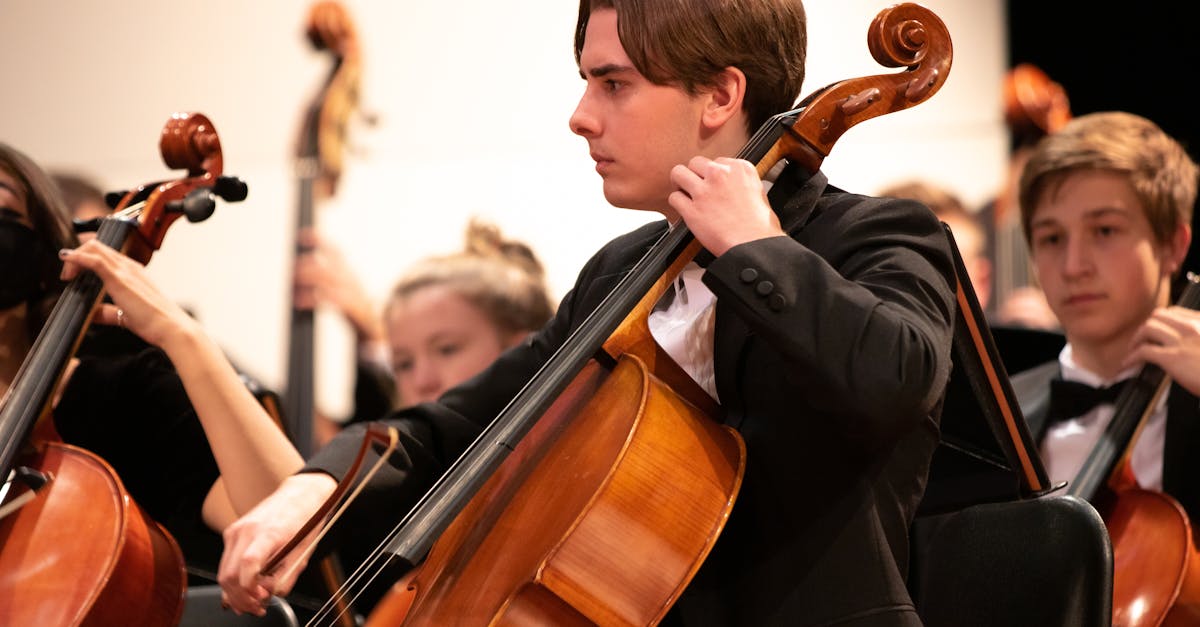The Rise of Reality TV Why We're Still Watching in 2024
Introduction
Reality TV has become a staple of modern entertainment, captivating audiences for decades. Often criticized yet consistently consumed, it reflects societal desires like no other genre. As we cross into 2024, reality TV continues to thrive, raising questions about its enduring appeal.
Advertisement
Evolution of Reality TV
Reality TV traces its origins back to the 1970s, but the genre boomed in the 2000s with shows like "Survivor" and "Big Brother." Over the years, it has evolved to include a diverse range of themes, from talent competitions to social experiments. This evolution has allowed reality TV to remain fresh and relevant in the ever-changing landscape of entertainment.
Advertisement
Cultural Reflection
One of reality TV's greatest strengths is its ability to mirror societal trends and issues. Whether it's showcasing celebrity lifestyles, exploring human relationships, or highlighting entrepreneurial pursuits, these shows offer a snapshot of contemporary culture. This reflection resonates with viewers, providing relatable content that is both entertaining and thought-provoking.
Advertisement
The Allure of Authenticity
Despite criticisms of scripted scenarios, reality TV purports to offer authenticity—a glimpse into real people's lives. This perception of unscripted drama and authentic interactions entices audiences seeking genuine connection. As viewers, we are drawn to the unpredictability of reality TV, which often feels more "real" than fictional narratives.
Advertisement
Engagement and Participation
Reality TV often solicits viewer interaction through voting systems, social media engagement, and spin-off content. This participatory element blurs the line between viewer and participant, creating a sense of active involvement in the show's outcome. In 2024, the integration of digital platforms only heightens this interactive experience.
Advertisement
The Escapism Factor
In a world fraught with challenges, reality TV offers escapism for viewers. Whether it's immersing in the luxuries of "The Real Housewives" or the challenges of "The Amazing Race," these shows provide a diversion from the mundane. This escapism is a primary reason reality TV remains compelling—a break from reality through reality.
Advertisement
Catering to Diverse Audiences
Reality TV caters to a wide range of interests and demographics. From cooking competitions to dating shows, it offers something for everyone, ensuring broad appeal. This inclusivity has been pivotal in maintaining its dominance in the entertainment industry, appealing to viewers across age groups and cultures.
Advertisement
Changing Perceptions
While often dismissed as "trash TV," reality shows have begun to gain critical recognition for their innovative storytelling and production quality. Shows like "Queer Eye" and "RuPaul's Drag Race" have transcended mere entertainment, challenging stereotypes and promoting inclusivity. This shift in perception contributes to the genre's resilience and relevance.
Advertisement
The Future of Reality TV
As we advance into 2024, reality TV is poised for further evolution. The integration of evolving technologies like virtual reality and augmented reality opens new frontiers for immersive experiences. With the continuously shifting landscape of audience preferences, reality TV will undoubtedly adapt, promising novel experiences for the future.
Advertisement
Conclusion
In conclusion, reality TV's enduring appeal in 2024 lies in its ability to adapt, engage, and resonate with viewers. By reflecting societal trends and offering escapism, it remains a staple of entertainment. As technology continues to transform the landscape, reality TV is set to captivate audiences for years to come.
Advertisement

